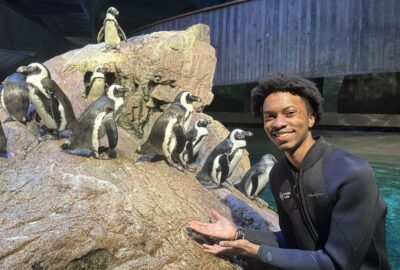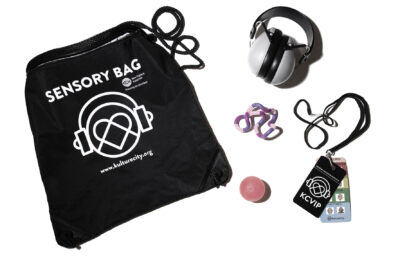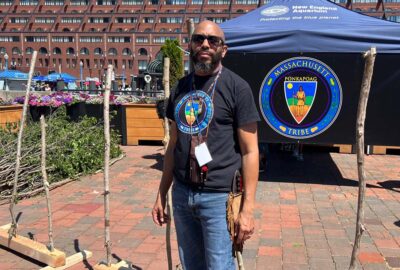Creating an Inclusive Dive Through ASL
A collaboration between Aquarium staff and Atomic Hands resulted in a special dive experience for the Deaf and hard-of-hearing community.
By New England Aquarium on Sunday, September 28, 2025

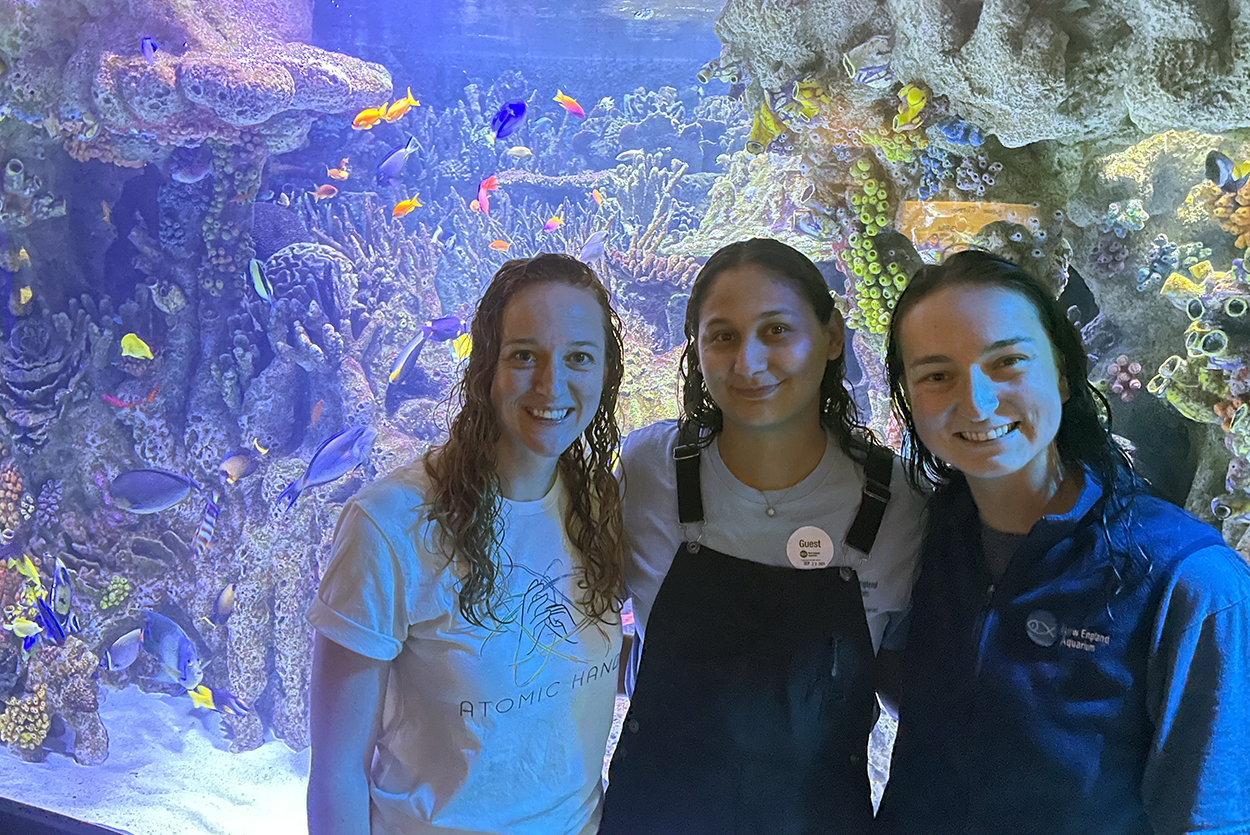
For Aquarium Dive Safety Officer Ashley McCarthy, a conversation between colleagues was the spark. Inspired by former American Sign Language (ASL) Sundays events held at the Aquarium and more recent ASL dive shows at fellow institutions, Ashley brought an idea for an accessible dive program to the Aquarium’s Diversity, Equity, and Inclusion Council.
“We wanted to build something meaningful. That’s when we found Atomic Hands,” Ashley said.
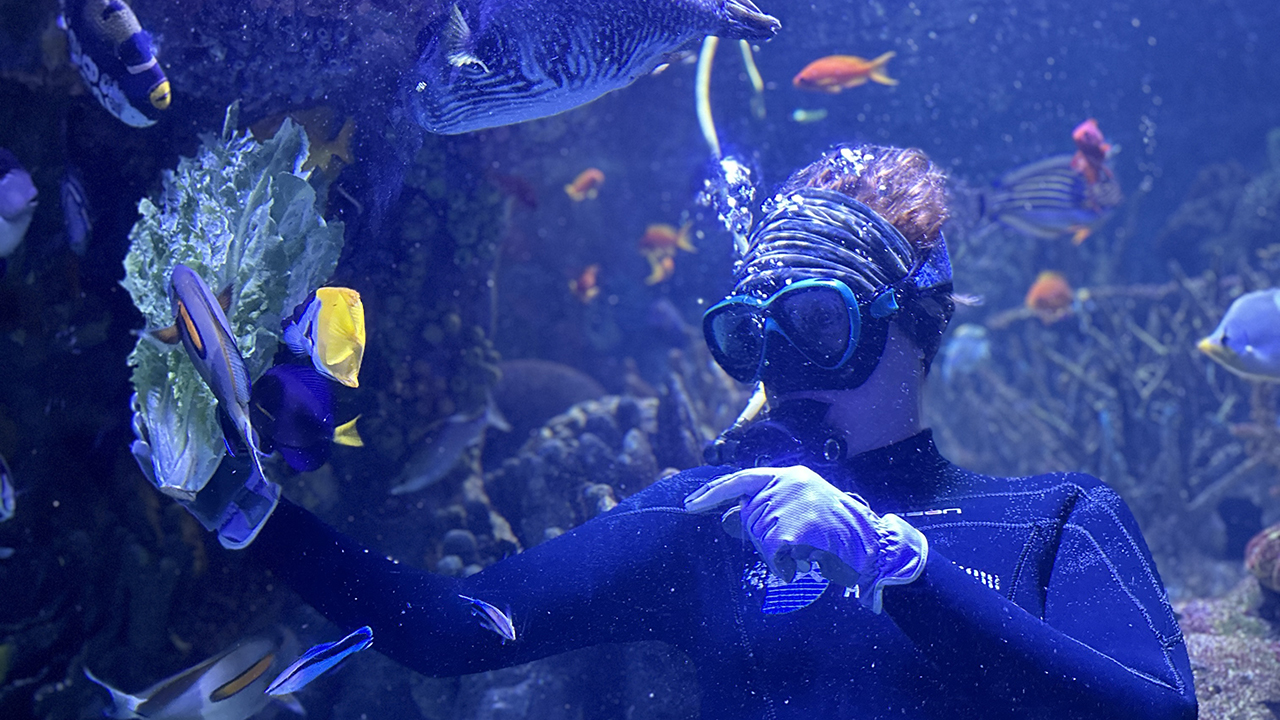
About Atomic Hands
Founded by Dr. Alician Wooten and Dr. Barbara Spiecker, scientists and members of the deaf community, Atomic Hands is committed to promoting STEM literacy, curiosity, and empowerment in the Deaf and hard-of-hearing community. The pair met while taking classes at the Rochester Institute of Technology and continued a friendship as they each pursued their PhD at different institutions. Though they were on opposite coasts and in different fields, Wooten and Spiecker found they faced similar struggles as Deaf academics and scientists. Together, they decided to make a change and, today, their organization Atomic Hands offers ASL resources, events, videos, networking, and more for scientists and students across multiple STEM fields.
Adapting for inclusivity
Ashley and the team invited Atomic Hands for a special dive event for International Day of the Deaf in 2024. Their goal was to have Deaf divers enter the exhibit space and engage with visitors in real time, sharing marine science content through ASL both in and out of the water. But planning a dive experience with access at the core—especially in a dynamic environment with specific safety requirements —came with challenges.
One of the biggest hurdles was that diver recall systems, like rattlers, rely on sound. So, the team needed a recall system that prioritized visual alerts. For Ashley, the work to adapt the dive program for deaf divers underscored that “safety” and “inclusion” are interdependent goals. “An environment is only truly safe when it is accessible, and access must be woven into every part of the experience, from planning to execution,” Ashley said. “Our work with Atomic Hands was a blueprint for how to do that.”

Transformative moments
“Witnessing the Atomic Hands diving event was an unforgettable experience,” said Nicole Milligan, an aquarist and scientific diver at the Aquarium who attended the Day of the Deaf event, and assisted divers behind-the-scenes.
During the event, Deaf divers—including Dr. Spiecker—signed to guests from inside the Indo-Pacific Reef exhibit. Viewing from the outside, Nicole was struck by the connections guests and divers could form through ASL. “Typically, diver interactions are limited to waves or a few universal signs, but this was entirely different,” Nicole said. “Deaf and hard-of-hearing visitors were able to engage in real-time, meaningful conversations with the ASL-trained divers—asking questions, sharing comments, and experiencing a true dialogue.”
Read more from Ashley and Nicole on creating an inclusive dive program in the latest issue of AZA Connect magazine!

